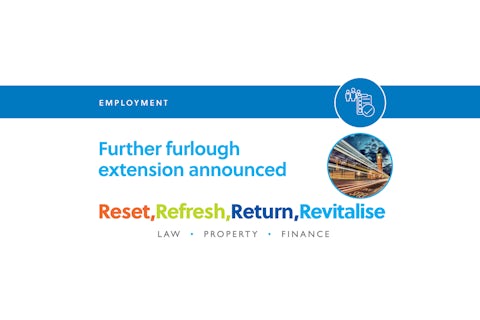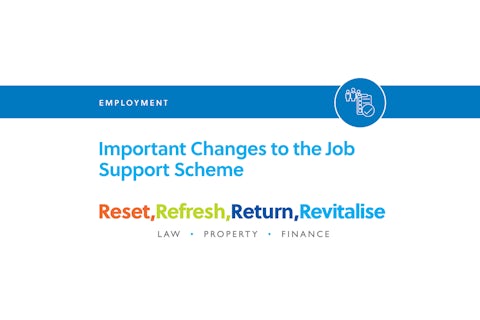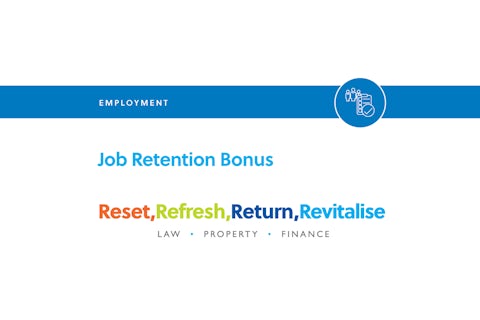Following recent developments in the spread of the virus, further government containment measures and economic fallout, here are the latest views of our fund managers.
Our fund managers have different strategies and mandates, and they invest across different regions and asset classes.
Despite these differences, they share much in their broader outlook on investing through volatility. In their most recent comments, three broad conclusions about the current, pandemic-induced market downturn are especially prominent.
- It has been a deep and rapid sell-off, and this reflects medical and social realities
- It is not possible to forecast virus timelines and thus timelines for the eventual economic recovery
- Many companies have been wrongly devalued, so there are excellent opportunities for an active fund manager
A sudden, but explicable sell-off
The rate and severity of the global fall in share prices since the second half of February has been remarkable and this should not be played down. The S&P 500, the world’s leading index, lost around a third of its value between 19 February and 23 March, according to Bloomberg figures. Other indices have followed similar downward trajectories, if not always suffering their greatest losses at exactly the same moments.
“In my nearly 30-year investing career, I have been through a number of stock market routs, but this one ranks up there as one of the worst, if not for its depth (which remains as yet undetermined), then certainly for its intensity,” says Dan O’Keefe of Artisan Partners.
Indeed, while more experienced investors have certainly seen their share of market dips, each one comes with its own particularities. The 2000 tech bubble crash hit the dotcoms hard, while the global financial crisis was especially damaging to the share prices of banks. In the case of the recent fall, however, it may be the pace that marks it out.
“Down markets are nothing new for investors – in fact, based on history, selloffs of this magnitude are not uncommon,” says Jim Henderson of Aristotle Capital. “Despite this, there is no question that the current market feels different. The most obvious difference between today’s environment and previous down markets is the pace of the decline. Another difference, which may be contributing to the heightened sense of panic, is how news is disseminated today. Finally, prior corrections were typically the result of changes in identifiable economic factors, not a pandemic.”
For those looking on, then, one of the biggest questions is why the market has sold off so much more quickly this time. As Henderson said, previous crises were easier to quantify, whereas a pandemic contains many unknowns. Furthermore, the social and business impact has already been exceptional, and in obvious ways.
“The market has sold off more quickly than ever in history and I have never seen more days of double-digit or nearly double-digit declines in such a short period of time,” says Artisan’s O’Keefe. “This makes sense as it’s probably the fastest drop-off in economic activity that we have ever seen—one day everyone’s at work and the next day everyone’s at home and all the restaurants are closed. The panic and fear are extreme with emotion filling the void where information and analysis normally exist.”
Greater uncertainty makes forecasting harder
The second reality recognised by many of our fund managers is that forecasting the trajectory of the pandemic, let alone its economic impact, is exceptionally hard, especially in the short term. Investors are not generally epidemiologists, and even the epidemiologists are struggling to make confident forecasts.
“Because of its differences [with previous downturns] it’s impossible to predict just how much lower the market will go, how long it will take to get there, and what kind of recovery we can expect when we emerge from this crisis,” says Aristotle’s Henderson.
What investors can do, of course, is listen to the medical experts, and monitor what governments and central banks are doing to soften the downturn.
“We do not know when the COVID-19 pandemic will end and what the ultimate economic damage will be, but we do have some insight,” says Artisan’s O’Keefe. “China was the first to suffer a widespread outbreak. Its economy ground to a virtual standstill but is now starting to recover. Our conversations with executives who manage businesses in China tell us that activity there is perhaps bouncing back. We expect that the US and Europe—both currently at the front end of an outbreak—will follow a similar, though not identical, pattern. We are in regular conversation with doctors at hospitals in the US to follow the infection and death trends here at home. Governments in the US and across Europe are in the process of launching unprecedented monetary and fiscal stimulus to blunt the impact and hasten a rebound. The economy will likely worsen and then it will recover. But we don’t know the details.”
Time for action (by fund managers)
Finally, our managers agree that the current moment offers exceptional opportunities to active investors. It is in this sense, then, that the current market fall is like some of the major falls of recent decades.
“Given where share prices are, many companies are effectively being priced for financial distress and we believe that most companies will see their profitability return to some sort of normality in 1-2 years’ time and do have the liquidity resources to get them through the next 6 months,” says Nick Purves of RWC Partners. “During the global financial crisis, we were able to pick up some very attractive bargains – and we absolutely believe that is the situation today. We’re not complacent and we recognise that what we’re seeing today is extremely serious. Many companies won’t go back to where they were six months ago. But that doesn’t mean there aren’t exceptional opportunities out there and we’re trying to take advantage of those.”
Indeed, this is where the granular analysis of individual companies, and their sectors, the stock-in-trade of the active fund manager, really comes into its own. While some companies may be poorly placed to weather the current storm, others are merely suffering from the broader sell-off, and have plenty of potential for future growth.
“We have been looking to take advantage of this increased volatility by adding to high conviction holdings and initiating new positions,” says Mark Hill of Impax Asset Management. “We are also reducing exposure to securities where we perceive the current headwinds to be too challenging for their business models … At present, our analyses show there is plenty of liquidity, with shares in our companies trading at higher than normal volumes.”
Hill is not alone in his thinking.
“Given our focus on paying an attractive price relative to normalized earnings power, and buying cash generative businesses with defensive balance sheets, we are generally looking past these disruptions and viewing the broad selloff as a buying opportunity,” says Kevin Beck of Paradice.
“Rather than blindly ignoring the COVID-19 impacts, we are doing our best to size them and ensure a high level of comfort that existing and new portfolio holdings can manage through an extended difficult period of trading without permanently impairing capital … Given the significant derating in smaller companies globally, we are taking the opportunity to buy high quality businesses that we have long admired but that did not previously meet our valuation criteria,” says Beck.
Indeed, when everyone else in the market is fearful, it may well mean good companies are being sold off unjustly, allowing prudent long-term investors to grasp a rare opportunity to buy the best companies at low prices.
“I have learned that when it feels really bad, it’s usually the best time to allocate capital,” says Dan O’Keefe of Artisan Partners. “It is painful and ugly right now, but our goal is to buy the long-term survivors and compounders to position the portfolio for strong multi-year gains later. The current uncertainty is causing investors in many cases to price businesses as if there will be no return to normal economic conditions. But one must remember that the value of a business is the present value of ALL future cashflows, not just those over the next few months. It’s a simple analytical point, but a foundational one.”
“We are being disciplined and doing what we always do: focusing on understanding our businesses, examining balance sheets and buying good businesses at what we believe to be cheap prices … In many cases, we are finding significant dislocations between price and value. We are not saying today is the bottom—it can always get worse and price can always dislocate further from value—but that doesn’t mean there isn’t already a large gap between price and value today … We are finally seeing value emerge in abundance in areas other than financials and 90% of our buying activity reflects that. We have added new names to the portfolio and aggressively added to existing names like Oracle, Cognizant, Dentsply Sirona, Booking, Google, Facebook, Heidelberg Cement and BNYM where discounts have widened substantially. The price adjusted quality of the portfolio is the highest it has been in many years. Companies with net cash on the balance sheet comprise roughly half the portfolio, including Samsung, Facebook, Cognizant, Google, Telefonica Brasil, Booking, Richemont, Expedia, Baidu, and Tesco.”
Aristotle Capital, Artisan Partners, Impax Asset Management, Paradice and RWC Partners are fund managers for St. James’s Place.
The value of an investment with St. James’s Place will be directly linked to the performance of the funds you select and the value can therefore go down as well as up. You may get back less than you invested.
The information and opinions contained in this blog are for information only. They are not intended to constitute advice and should not be relied upon or considered as a replacement for advice. Before acting on any of the information contained in this blog, please seek specific advice from Gilson Gray Financial Management.







